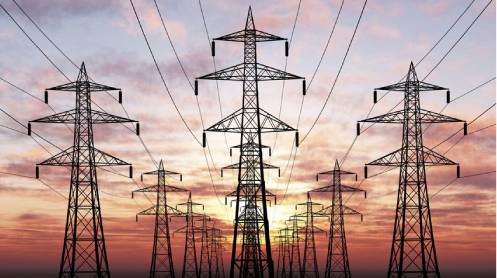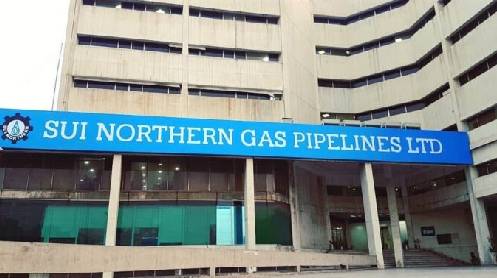ISLAMABAD: Climate and finance experts have urged comprehensive reforms in both public and private sectors to mobilize crucial funding for climate action, particularly for adaptation measures.
Speaking at DawnMedia’s Breathe Pakistan International Climate Change Conference, World Bank Global Director for Climate Change, Valerie Hickey, stressed the need for subsidy reforms to unlock climate finance. She highlighted that while $1 billion per day is needed to combat desertification, $2 billion per day is spent on counterproductive agricultural subsidies. Globally, subsidies in energy, agriculture, and fisheries amount to $1.5 trillion, necessitating urgent policy changes.
Hickey also pointed out that while climate finance goals set at COP29 in Baku reached $300 billion, most of it remains in loans rather than grants. Additionally, 70% of current climate finance is directed toward mitigation rather than adaptation, despite the latter being a pressing issue in the Global South, which receives less than 20% of global climate funding.
Pakistan’s Finance Minister Muhammad Aurangzeb identified population growth and climate change as the country’s two existential threats. He emphasized the importance of adaptation strategies over mitigation and highlighted the launch of Pakistan’s National Adaptation Plan, Climate Finance Strategy, and Green Taxonomy Framework. He also announced that the Vulnerable 20 (V20) Climate Prosperity Plan is expected to launch in April.
Former State Bank of Pakistan governor Shamshad Akhtar underscored the financial gap, noting that Pakistan requires $40–50 billion annually for climate action until 2050, while current climate funding is only a fraction of this need. Without decisive action, climate-related damages could cost Pakistan $250 billion by 2030 and up to $1.2 trillion by 2050.
In his inaugural address, Planning Minister Ahsan Iqbal stated that Pakistan is bearing the consequences of emissions produced by the Global North. He called for urgent execution of existing climate policies to mitigate the country’s vulnerability to extreme weather events such as floods, glacial melts, and heatwaves.
The conference featured discussions from UN Resident Coordinator Mohamed Yahya, Khyber Pakhtunkhwa Chief Minister Ali Amin Gandapur, and other global climate experts. Despite prior commitments, Prime Minister Shehbaz Sharif, President Asif Ali Zardari, and Punjab Chief Minister Maryam Nawaz did not attend the event.
Story by Zaki Abbas | Syed Irfan Raza





